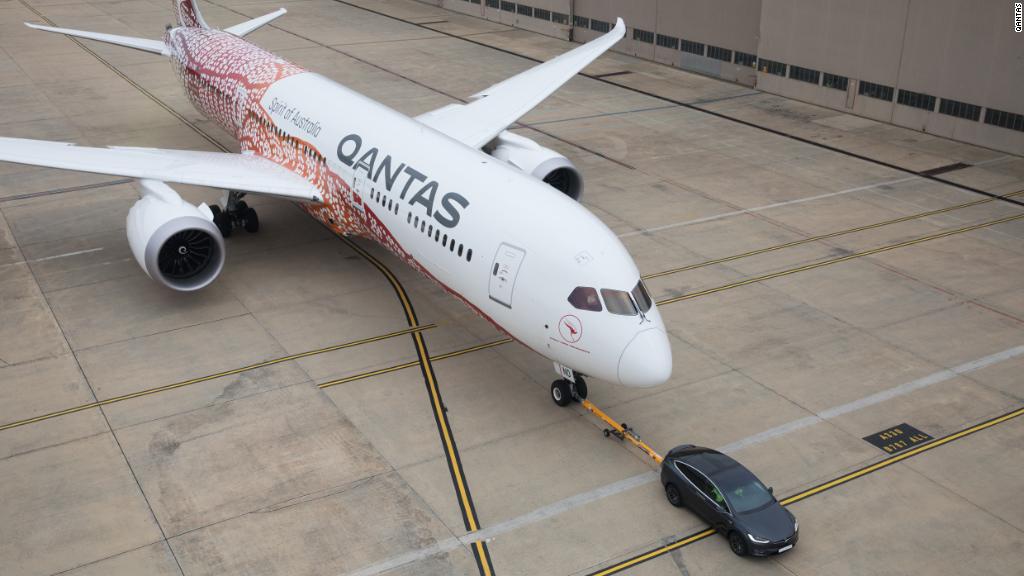
Another headline about a fiery Tesla crash has people wondering if those lithium ion batteries are safe.
"A battery powered vehicle having a fire incident is newsworthy. A gasoline powered vehicle having a fire is newsworthy only if it stops traffic," said Steven Risser, senior research leader at Battelle, a nonprofit research and development firm, and one of the leading experts on the risk of fires in electric vehicles.
Here's the answers to questions about the risk of electric car fires:
Are electric cars more likely to catch fire?
The simple answer is probably not. Chances are they might even be safer, though it's tough to say that definitively.
"The propensity and severity of fires and explosions from ... lithium ion battery systems are anticipated to be somewhat comparable to or perhaps slightly less than those for gasoline or diesel vehicular fuels," according to the results of an in-depth investigation into the relative fire risks of the two types of vehicles conducted by Battelle for the National Highway Traffic Safety Administration last fall.
About 174,000 vehicle fires were reported in the United States in 2015, the most recent year for which statistics are available from the National Fire Protection Association. Virtually all of those fires involved gasoline powered cars. That works out to about one every three minutes.
Tesla claims that gasoline powered cars are about 11 times more likely to catch fire than a Tesla. It says the best comparison is fires per 1 billion miles driven. It says the 300,000 Teslas on the road have been driven a total of 7.5 billion miles, and about 40 fires have been reported. That works out to five fires for every billion miles traveled, compared to a rate of 55 fires per billion miles traveled in gasoline cars.
But Risser said still there's not enough data to make valid comparisons at this point.
How do lithium ion batteries powering electric vehicles catch fire?
There have been some other high profile fire problems involving lithium ion batteries in other uses - in cell phones, in laptops and even in Boeing (BA) passenger jets. But so far the fires involving electric vehicles have been caused by some kind of crash or other damage to the battery while driving.
"Tesla's battery packs rarely incur serious damage, and when they have, the accident was highly unusual or severe," said Tesla's statement.
What happens with a lithium ion battery fire is typically a short circuit within one or more of the battery's cells, which generates heat. The heat can then ignite the chemicals within the battery. That can cause problems in the adjoining cells and lead to the condition known as "thermal runaway" in which the fire spreads and builds. That's apparently what happened in a fatal Tesla crash in Switzerland last week.
How else is a lithium ion battery fire different from a gasoline fire?
The biggest difference is the time it takes to ignite. Gasoline fires start almost immediately when gasoline comes in contact with a spark or flame, and spreads rapidly. Battery fires typically take some time to achieve the heat necessary to start the fire.
In some instances, that delay is very good news. It can let the occupants of a car involved in a crash to get out of the vehicle before the fire starts. But it can pose its own problems. Sometimes a battery can be damaged, perhaps by the car running over some debris, and the driver might not be aware of the damage. And then a fire can start well after the initial incident. That could theoretically cause a fire after the car is parked in a garage.
And even when the battery fire is obvious, Tesla warns first responders that it can take 24 hours for a battery fire to be fully extinguished.
Can the fire risk for electric cars be reduced?
Yes. And Risser and others say that is likely to happen.
Research is taking place for new materials that might not only make batteries lighter and more efficient, but could possibly make them safer. "Gasoline is a very risky material. We have had 130 years of designs and experience to make a gasoline powered vehicle as safe as possible. We're still at early stages of understanding how to make lithium ion batteries safe," he said.

